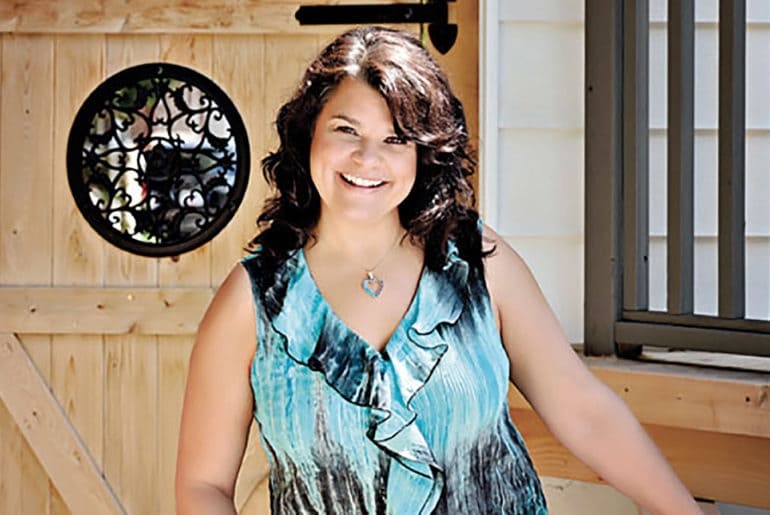The heart of a city is music. It’s the illustrious sounds of a trumpet spilling out a bar through an open door or the busker who plays electric guitar on a street corner.
Executive Vice President of Music Canada, Amy Terrill, deeply believes in the benefits of music and it is her job to lead several programs that help music thrive at a municipal, provincial and federal level. She is focused on pushing forward projects that support musicians and artists, spread awareness regarding copyright laws, and help facilitate the relationship between music and government relations. “Communications and government relations are my two areas of expertise,” Terrill says. And she is definitely the woman for the job.
At the moment, Music Canada is working on making Toronto a ‘music city’. “We compared Toronto to Austin, because there is a lot of amazing music activity there and Toronto is certainly the music hub of English Canadian music,” Terrill says. “It is where the labels are and thousands of artists. Many of our agents and managers and a big nexus for music in Canada.”
Terrill didn’t begin her career in music. “It is funny because when I was in high school, I actually intended to go into music and was dissuaded. I took a different route, and ended up in music after all,” Terrill says. From Lindsay, Ont. originally, Terrill completed her political science degree at Queen’s University and worked for eight and a half years in the media, primarily in television.
“I worked in news reporting, and produced and anchored as well in Peterborough. I was able to move up the ranks and then I moved into the chamber of commerce in Lindsay and later to the Ontario Chamber of Commerce,” Terrill says. She also received the Burnie Gillespie Memorial Award for excellence in Chamber leadership and was previously the Director of the Unison Benevolent Fund that provides emergency relief and counselling services in Canada.
“I came to know my current boss, Graham Henderson, through the [Ontario Chamber of Commerce]. He is a very supportive and influential figure. He was on the board of the Ontario Chamber and now he is the chair. He offered me an opportunity to come and work with him,” Terrill says. “He saw an opportunity for Music Canada to broaden our look. Before we had been focused on federal issues, but Graham wanted to see what else was happening and how we could play a bigger role.”
Amy Terrill is the host and curator for the Music Cities summit at Canadian Music Week. This portion of the conference was focused on current issues that cities are facing within the music sector. The summit was based on ‘Mastering of the Music City’, which is a global report written by Music Canada that compares the music scene in 25 different cities. The framework is now being used across the world.
When Terrill isn’t working she enjoys canoeing and kayaking. “I have an annual white water canoeing trip I do with a bunch of women I know,” Terrill says. “We go on a different river every year in Ontario.” She also enjoys cross-country skiing and yoga, and being with her two kids.
Terrill also believes that helping women, young and old, is essential to success. “I have so many interesting colleagues and supporters, sometimes it is just about honouring and respecting them and being there for them in return,” Terrill says. “I try and be a good role model to people within my network. We have quite a few younger people who work with us as well. I have always had younger women working with me. It is important to provide a strong role model.”
Terrill has led a successful career in music and proves that it is possible to support music and make effective change in the Canadian art scene. “Music is what makes a city so vibrant. We all have a responsibility to remind people of that. There is often an opposition with noise complaints,” Terrill says. “If you care about music in the community, speak up and tell your councillors how important it is to you.”
Did you enjoy this profile? Sign up for our weekly e-newsletter to have them sent directly to your inbox!


